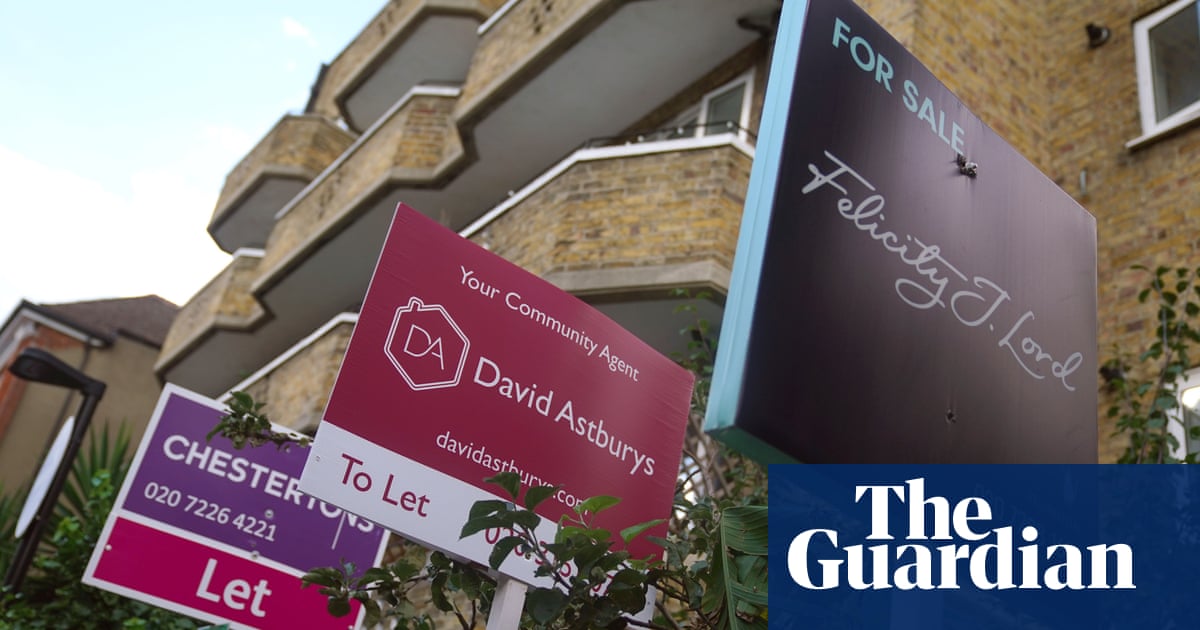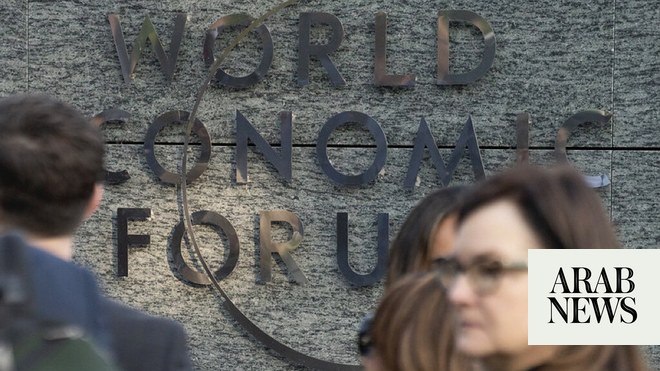
Rent rises in Britain are forecast to outpace wage growth, despite having already surged at the fastest pace on record after the Covid pandemic and the cost of living crisis.
The Resolution Foundation expects added pressure on millions of households and said average rents could increase by 13% over the next three years as current high growth in the private rental market work their way through existing tenancies.
Forecasting 4.2% growth in average rents in each year up to 2027, the thinktank said this rate was much faster than the 7.5% growth in average workers’ earnings (2.4% a year on average) predicted by the Office for Budget Responsibility over that period.
Rishi Sunak’s government last month watered down reforms to increase protections for renters against no-fault evictions, leading to accusations that the prime minister and the housing secretary, Michael Gove, had caved in to Tory MPs lobbying in favour of landlords’ interests.
In a report titled Through the Roof, the Resolution Foundation said renters across the country had already been through an exceptional surge in new tenancy rent levels – up by almost a fifth over the past two years. It said the surge had affected more households in the past after a big increase in private renting, almost doubling from 11% of all households in the mid-1990s to 20%. This included a sharp increase in the number of families living in private rented accommodation headed by someone aged 30-49, meaning that renting was no longer solely the preserve of those in their 20s.
However, the report said record growth in rental costs was beginning to slow after a “bounceback from the pandemic”, with market rents for new tenancies having cooled from an annual growth rate in cost of 10.4% in June 2023 to 7.5% by March 2024.
But the thinktank warned that it could still take years for this burst of growth to work through the whole private rental sector.
While new renters were already paying higher monthly outgoings, it said existing tenants reaching the end of their tenancies, or those being forced to accept within-tenancy price rises, would face large rent increases in future.
The report found that the main factor driving up rental costs was the snapback from Covid lockdowns, when evictions and repossessions were halted and rents collapsed amid heightened economic uncertainty. More recently, it said fast-rising wages had also pushed up rents for new tenancies.
It said there had been “scare stories” about higher interest rate rises and tougher regulations, causing a mass exodus of landlords from the private rental sector. However, it dismissed this as having only a limited impact, highlighting Bank of England research showing the sector had only shrank by 1% since mid-2019.
The thinktank said rents tended to track wage levels over the longer term but had fallen to the lowest level on record relative to earnings amid the disruption of the pandemic. While they had risen back by early 2022, they still remained about 5% lower, indicating that they would continue to increase by 13% over the next three years to return the UK’s rent-to-earnings ratio to its long-term trend.
Cara Pacitti, a senior economist at the Resolution Foundation, said: “With more families renting privately, and renting for longer too, these rent surges are a bigger problem for Britain, and require bolder solutions from policymakers.
“Short-term solutions include regular uprating of local housing allowance to support poorer families, and the ultimate, longer-term solution is to simply build more homes.”
A government spokesperson said it was supporting households with help for bills amid the cost of living crisis. “Our Renters (Reform) Bill will give people more security in their homes and empower them to challenge poor practices. Through our long term plan for housing we are investing £11.5bn in the affordable homes programme and remain on track to build one million over this parliament.”











